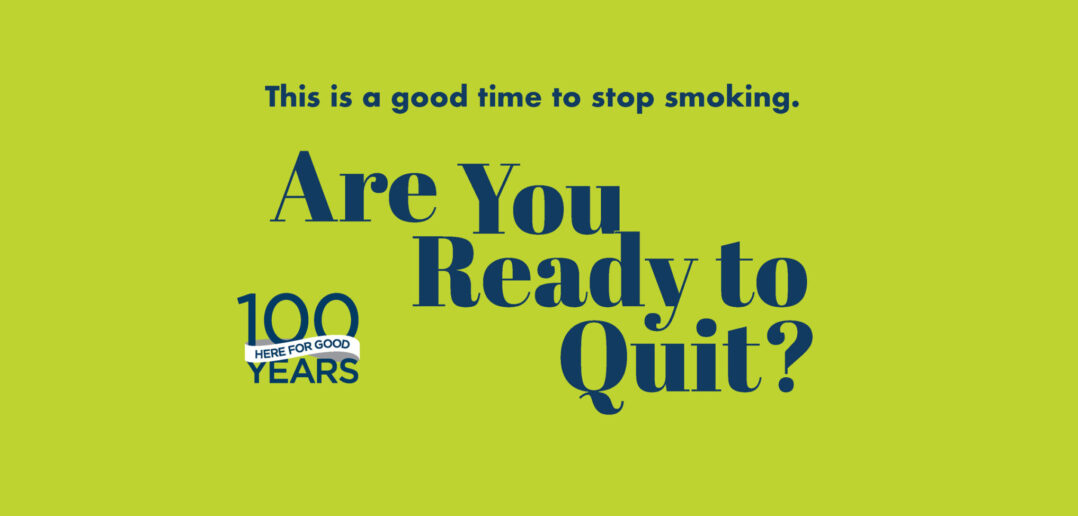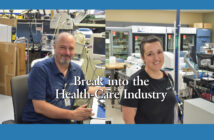| story by | |
| photos by | Steven Hertzog |
| OPEN A PDF OF THE ARTICLE |
Once you’ve made the decision to stop smoking, LMH Health is here to help.
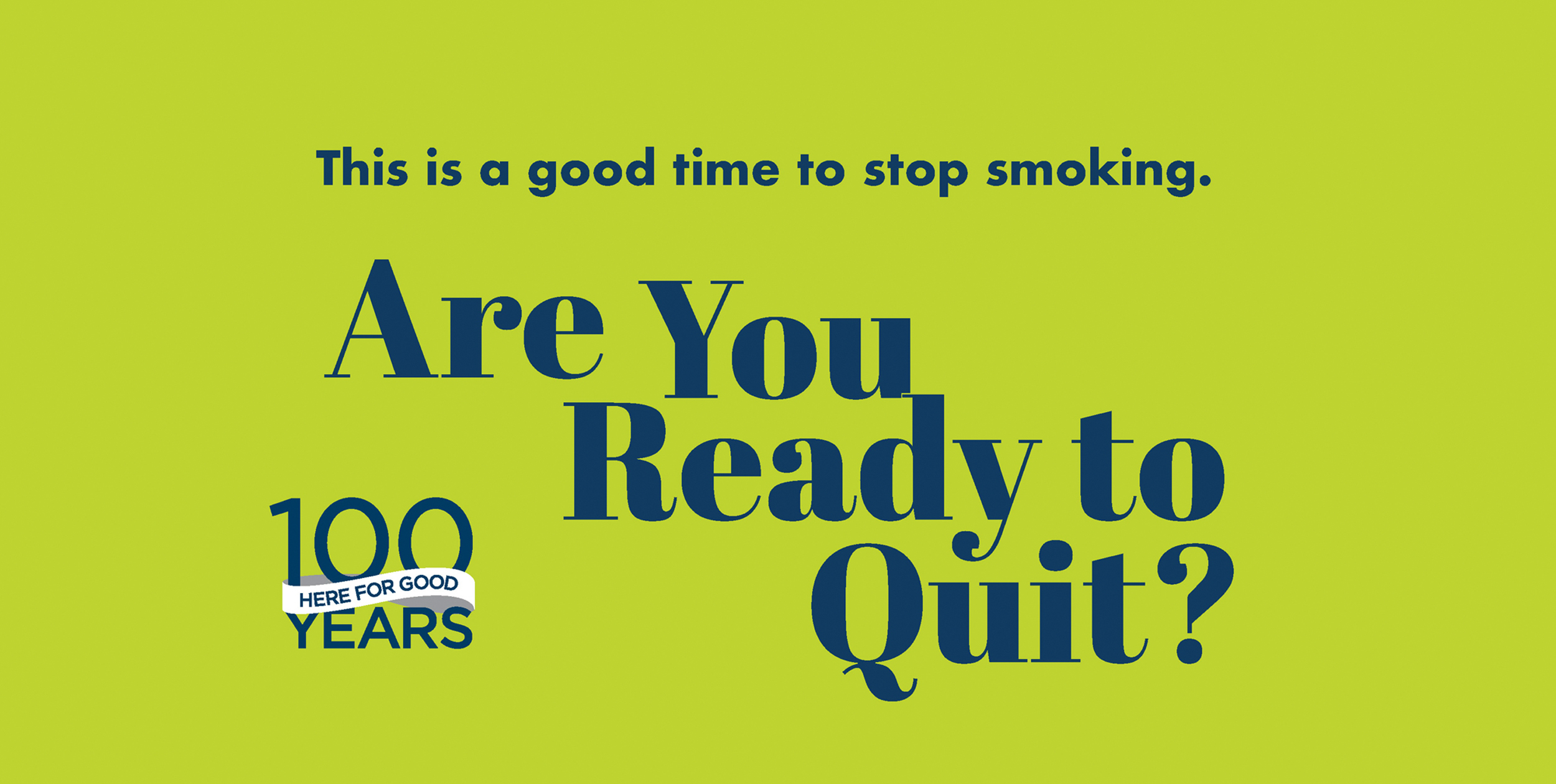
LMH Health
The American Cancer Society states that smoking causes an estimated 480,000 deaths every year, or about one in five. On top of this, more than 16 million Americans live with a smoking-related disease. Some experts at LMH Health discuss how to quit smoking and the importance of smoking cessation.
Dr. Krishna Rangarajan, a pulmonologist with Lawrence Pulmonary Specialists (LPS), says even if you feel fine now, the effects of smoking can last for up to 20 years, and symptoms of something more serious may not be present right now. If you want to help the future you avoid lung cancer, shortness of breath, needing oxygen or other cancers, the sooner you quit, the better, he says.
“It is never too late to stop,” Rangarajan explains. “It is also important to note that smoking does not just mean cigarettes. Smoking electronic cigarettes and vaping are maybe just as bad for you. The nicotine levels are high, and e-cigarettes are highly addictive and hard to stop. Even if you are young and healthy, many diseases related to smoking like COPD [chronic obstructive pulmonary disease]and lung cancer do not show up until years later.”
If you are not experiencing shortness of breath, lung cancer can remain a big concern. Other diseases such as colon cancer, head and neck cancer, osteoporosis, increased pregnancy complications, heart disease and, of course, increased complications if you contract COVID-19 can happen as a result of smoking. Rangarajan says the best way to avoid this is to quit.
“Deciding to take the step toward smoking cessation is often the first and most important step for someone to make,” he adds. “Getting to that step is hard, and when you decide that, it is huge. Now, how you quit is different from person to person and up to you. Some are more successful saying ‘I am going to quit on that date,’ and they set a quit date. That is often a big first step. For some people, slowly reducing can work; but often, the last couple cigarettes are hard to eliminate. Quitting cold turkey is good for some, but overall, setting that quit date is the most important first step.”
Rangarajan explains that quitting can take months or even years. It can be hard to throw away those last few cigarettes. If you have a hard day, that often is what someone turns to, but then it turns into two, three, then back to where they were before, and going back to old habits is more tempting than ever.
“Some helpers like nicotine gum, patches, inhalers with nicotine and some medications can be beneficial for smoking cessation,” he says. “Not only that, but seeking counseling can also be beneficial. The combination of counseling and medication has been shown to lead to healthier results. There are free counseling programs through most states, as well. In Kansas, we have the Kansas Quit Line at 1-800-QUIT-NOW, or you can visit ksquit.org. We also have an incredible smoking-cessation class offered at LMH Health.”
Some of the leading factors to quitting were, for some, to simply take the urge away and remove the cigarettes, Rangarajan says. For others, they may hold on to smoking for the social aspect.
“Smoking can become extremely social for folks,” he says. “People will take smoke breaks together or have it with a meal or in their car. It becomes a part of their routine and their lifestyle. This is why having a class or a way to help you quit is great. There are people in these spaces to help you not smoke, and there is accountability there to help take away some of the excuses we tell ourselves to keep smoking. Accountability helps avoid making excuses and can serve as a great tool through the beginning of your quitting process, which can be the hardest part.”
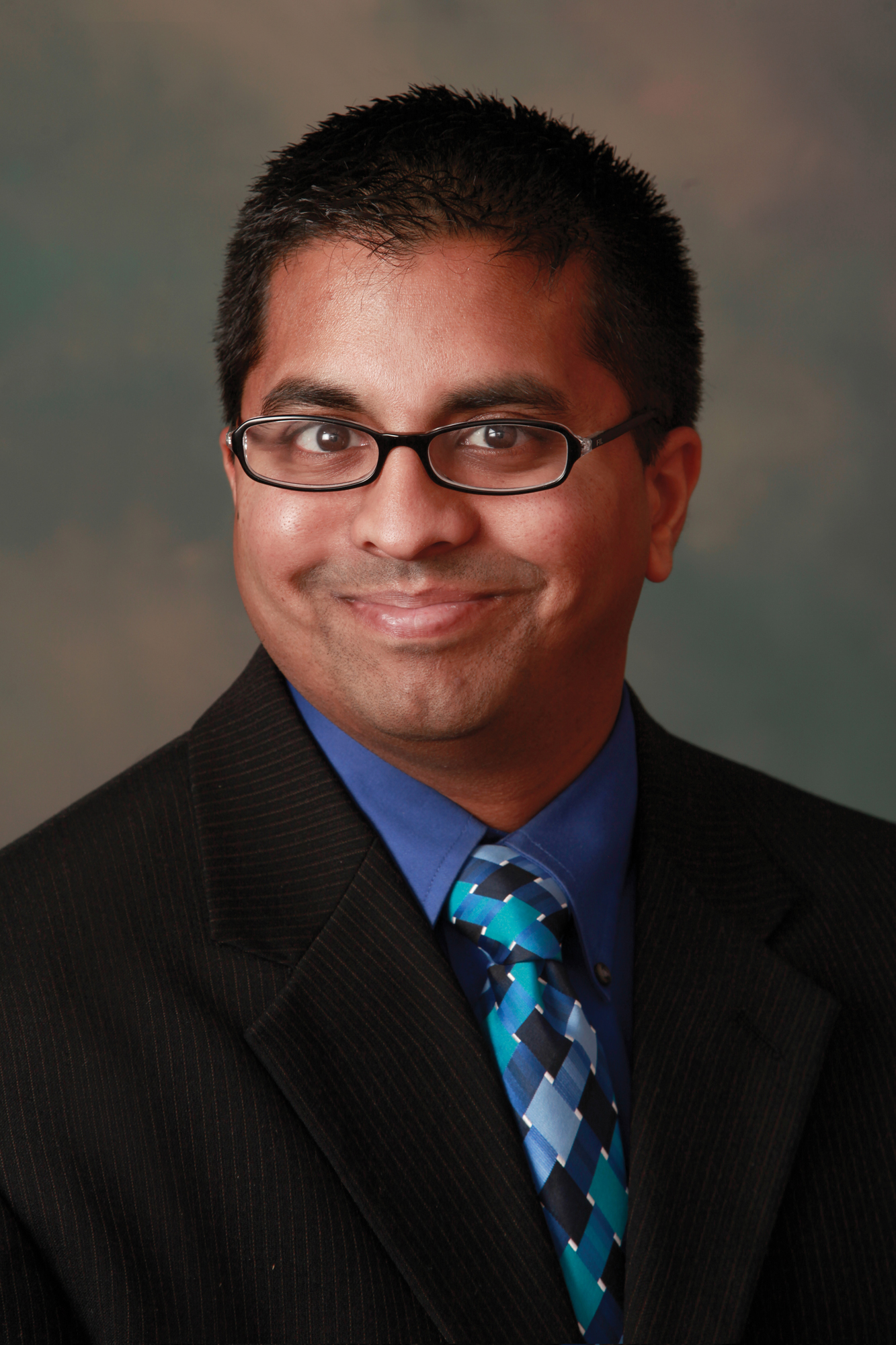
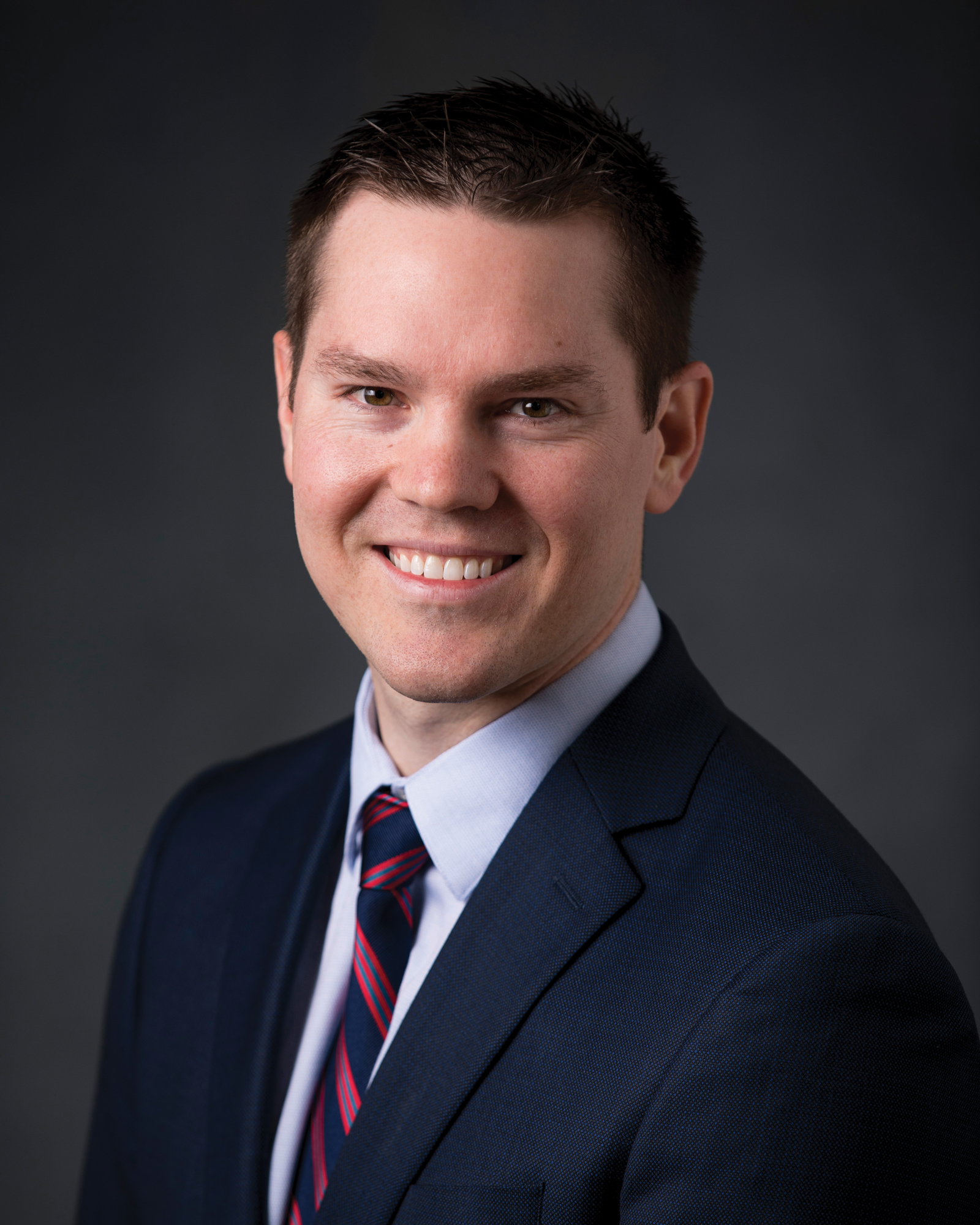 Top: Dr. Krishna Rangarajan, Bottom: Dr. James Huston
Top: Dr. Krishna Rangarajan, Bottom: Dr. James Huston
Smoking cessation is tough, but you can get help.
Rangarajan says it is tough to quit smoking. It may take a few tries, and it may be frustrating, but you are not alone. There are incredible resources to help you achieve your goals. Some of these resources include medications. LMH Health has outpatient pharmacists who work hand in hand with providers from LPS and all primary-care clinics at LMH Health to help their patients quit smoking.
Taylor Smith, a pharmacist with LMH Health, says pharmacists and physicians work collaboratively. They work with patients who are interested in learning more about medicines that can help them quit smoking and serve as an additional resource to patients.
“When we see a patient who wants to work to quit smoking, there are a few options we can offer,” Smith explains. “The nicotine component in tobacco is, of course, what is the most addictive. So, from a medicine standpoint, we may recommend nicotine replacement therapy (NRT), a nicotine patch, gum, lozenges, inhalers or nasal sprays. We can also offer a medication called Chantix but like to meet with our patients first to see if they would be good candidates.”
There are certain characteristics to medicine, Smith says, so some patients may be better candidates for one type of medicine over another. The pharmacists at LMH Health can assist by sitting down and talking about different medication options and helping to create customized treatment plans for patients.
“When we meet with patients, we work to select medications that are affordable. We assess insurance coverage and cash price, and work with patients to select an option that is realistic in terms of cost,” she explains. “We also talk about the importance of combining medications with behavioral counseling to help stop smoking. Studies show that the two together are more effective than either one alone. We talk about what barriers there have been in the past, previous attempts at stopping, and take all the information we can into account to equip our patients with the best possible plan for success.”
At the end of the day, medications to help quit smoking are temporary. The goal, Smith says, is that these medicines work to help with the transition period to reduce cravings and help increase your chances of successfully becoming tobacco-free. They aren’t generally lifelong but can be used for several months to a year to help achieve success.
“We receive referrals from many different clinics,” she adds. “Of course, we work hand in hand with LPS providers but also with our OrthoKansas team, as well, if smoking becomes a barrier for a patient to move forward with surgery. Sometimes patients may not think about this aspect, but that is why our team at the pharmacy is ready to help.”
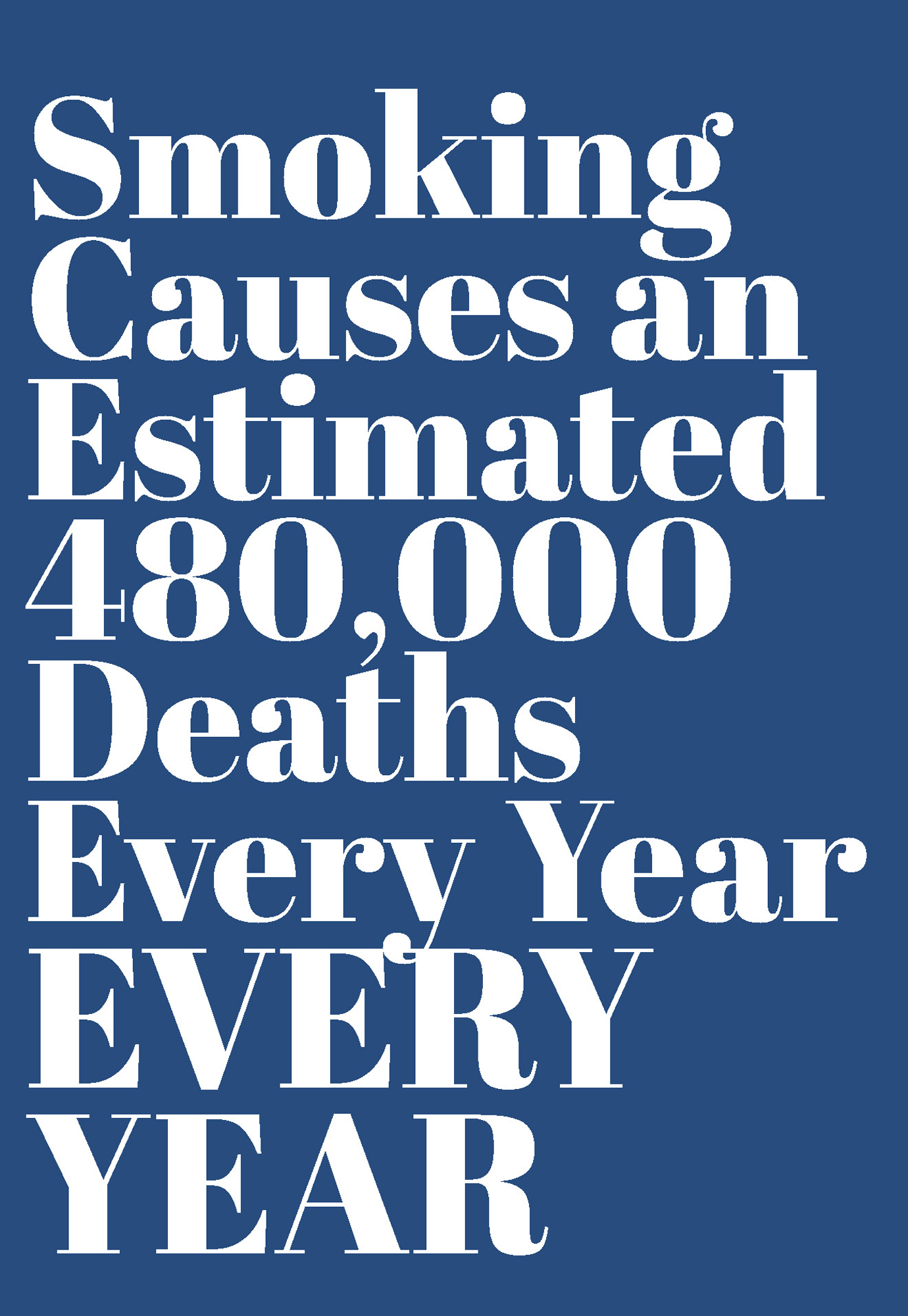
Smoking Causes an estimated 480,000 deaths every year.
Barriers to Surgery
The surgeons at LMH Health strive to protect their patients in every possible way. Dr. James Huston, an orthopedic surgeon with OrthoKansas, says after surgery, the nicotine in tobacco or vaping can constrict blood vessels. As a result, smoking during recovery can negatively impact the body’s ability to heal a wound or a fracture.
“Our nicotine-cessation policy is important, because wound healing and bone healing can be adversely affected by tobacco and nicotine,” Huston explains. “To perform a total joint procedure, we ask all our patients [to]cease smoking for at least three weeks before your surgery and at least six weeks after your surgery to ensure proper healing and a good recovery.”
He adds that it takes a minimum of three weeks for nicotine to fully clear the bloodstream. The six weeks after surgery is the time when the majority of the soft tissue and bone healing happens. Smoking after the six-week mark can still harm your overall health and healing process in the long run.
“We treat patients with nonsurgical methods first before discussing surgery,” he says. “These treatments may include anti-inflammatory medications, lubricating injections, physical therapy, weight loss and more. If surgery ends up being the best option, we will work with and discuss smoking cessation with our patients.”
Huston says the guidance for patients to cease smoking before a procedure is not a choice made arbitrarily. If it was not something that would impact the health, safety and recovery of our patients, they wouldn’t ask.
“It’s in the best interest of patients to give them the highest chance of success in a surgery or procedure,” he continues. “Many of my patients have quit smoking primarily to have a joint replacement but then have subsequently been successful in sustaining healthier habits. It is always exciting to see patients not only recover well from a needed procedure but then feel so much happier and pleased with how they feel because they stopped smoking.”
![]()

